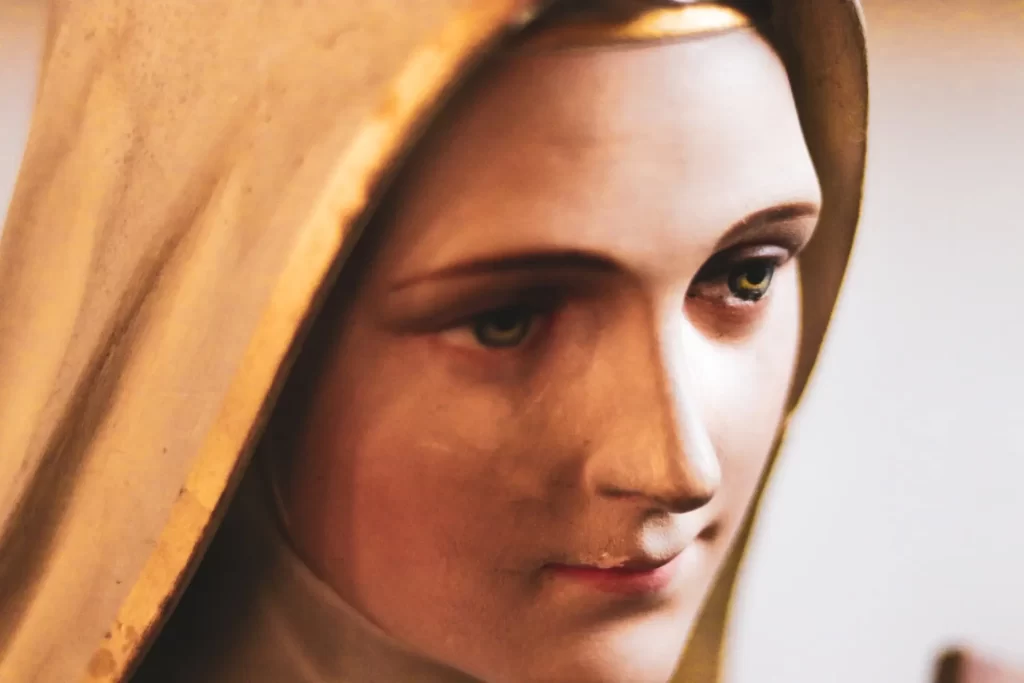PURE SOUL
State of BEING PURE The PURE SOUL : Attribute or state of Purity:- Freedom from tainted material Clarity or cleanliness Liberation from vice or sin, innocence, and virginity Freedom from elements that corrupt Absence of white mixture; saturation of colour PURE SOUL: Why is Purity essential? Purity is crucial. But pursuing Purity in this world […]
